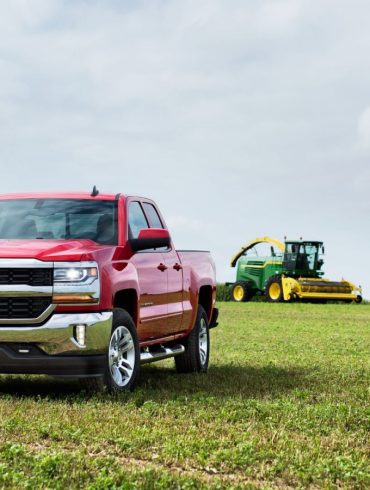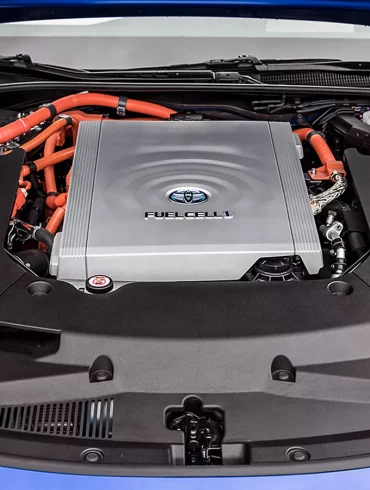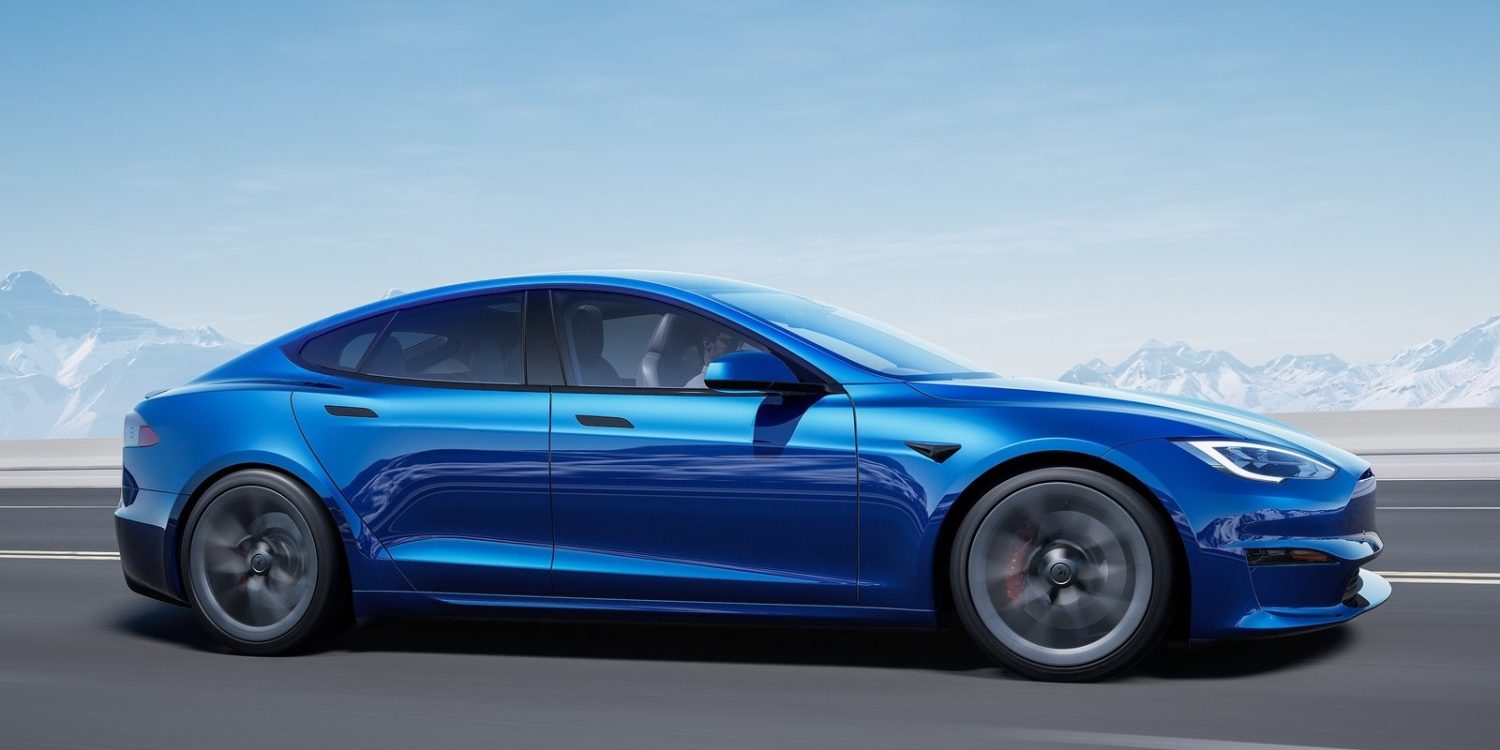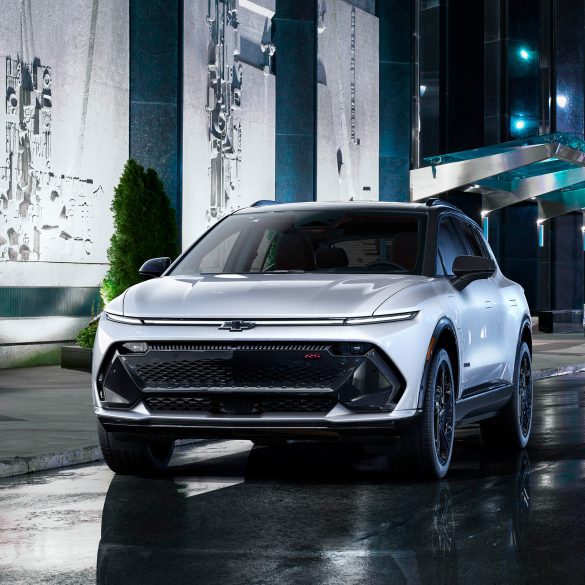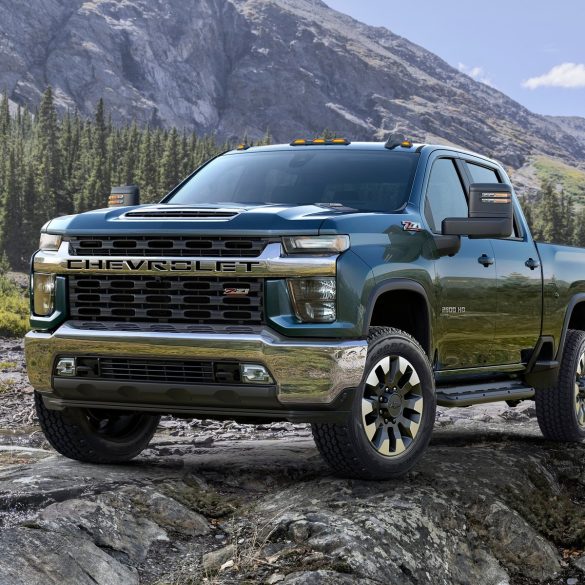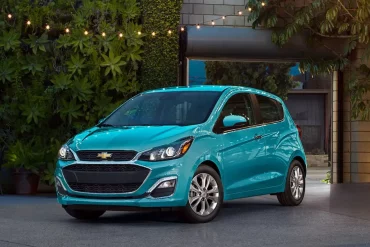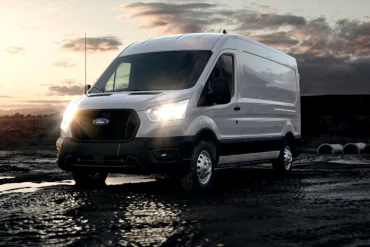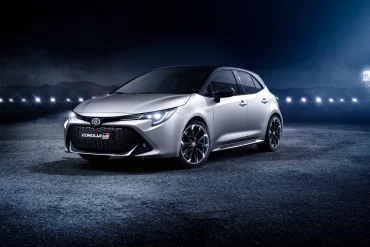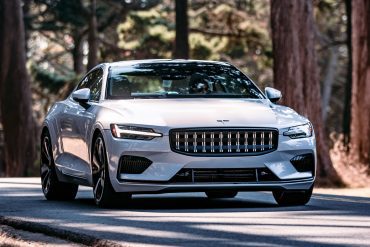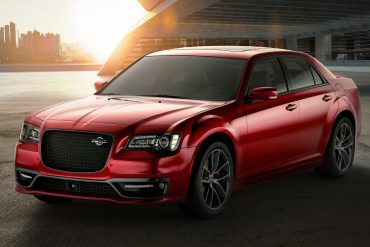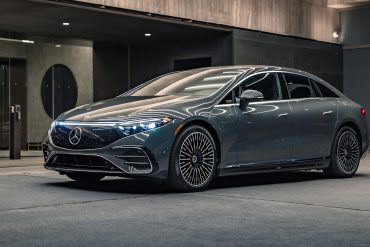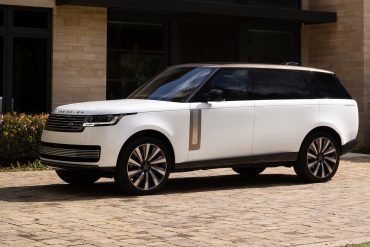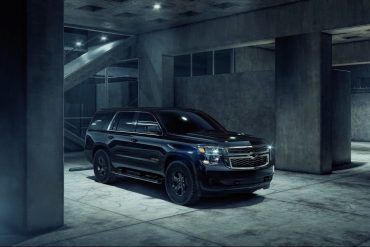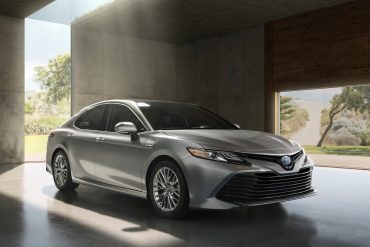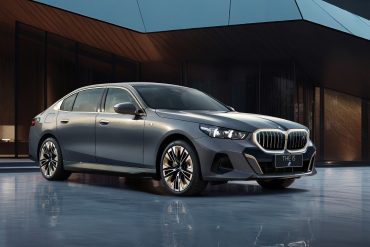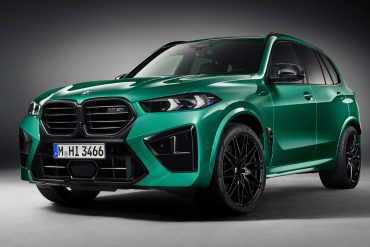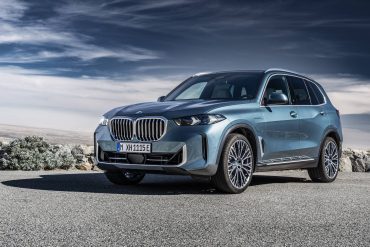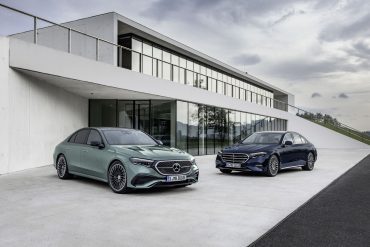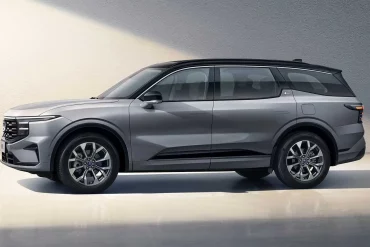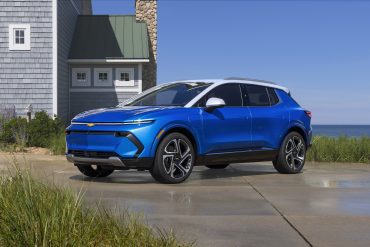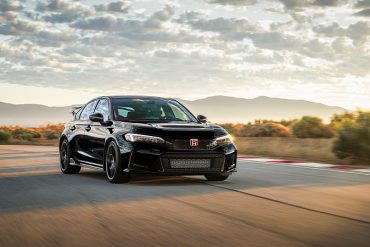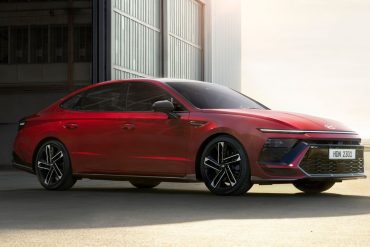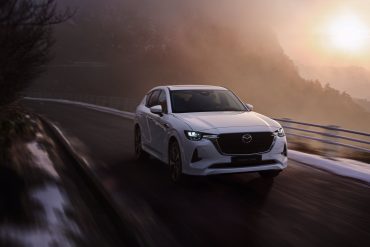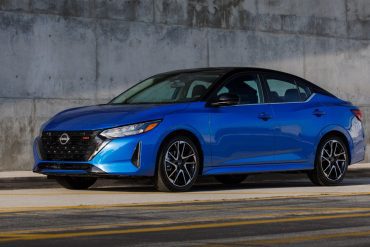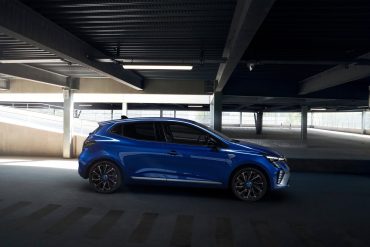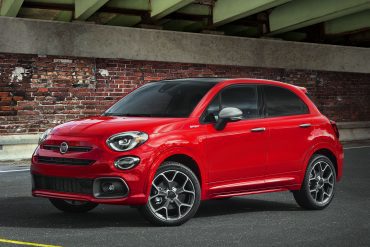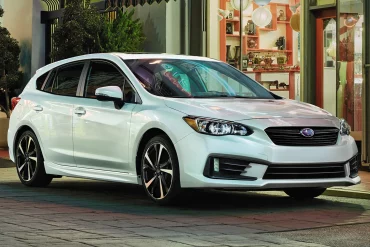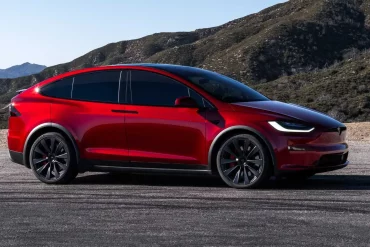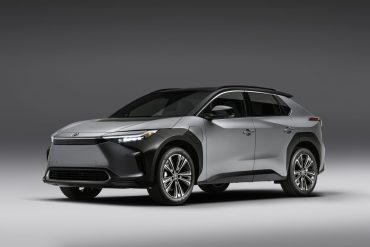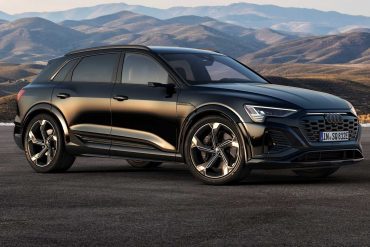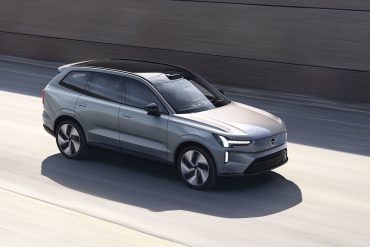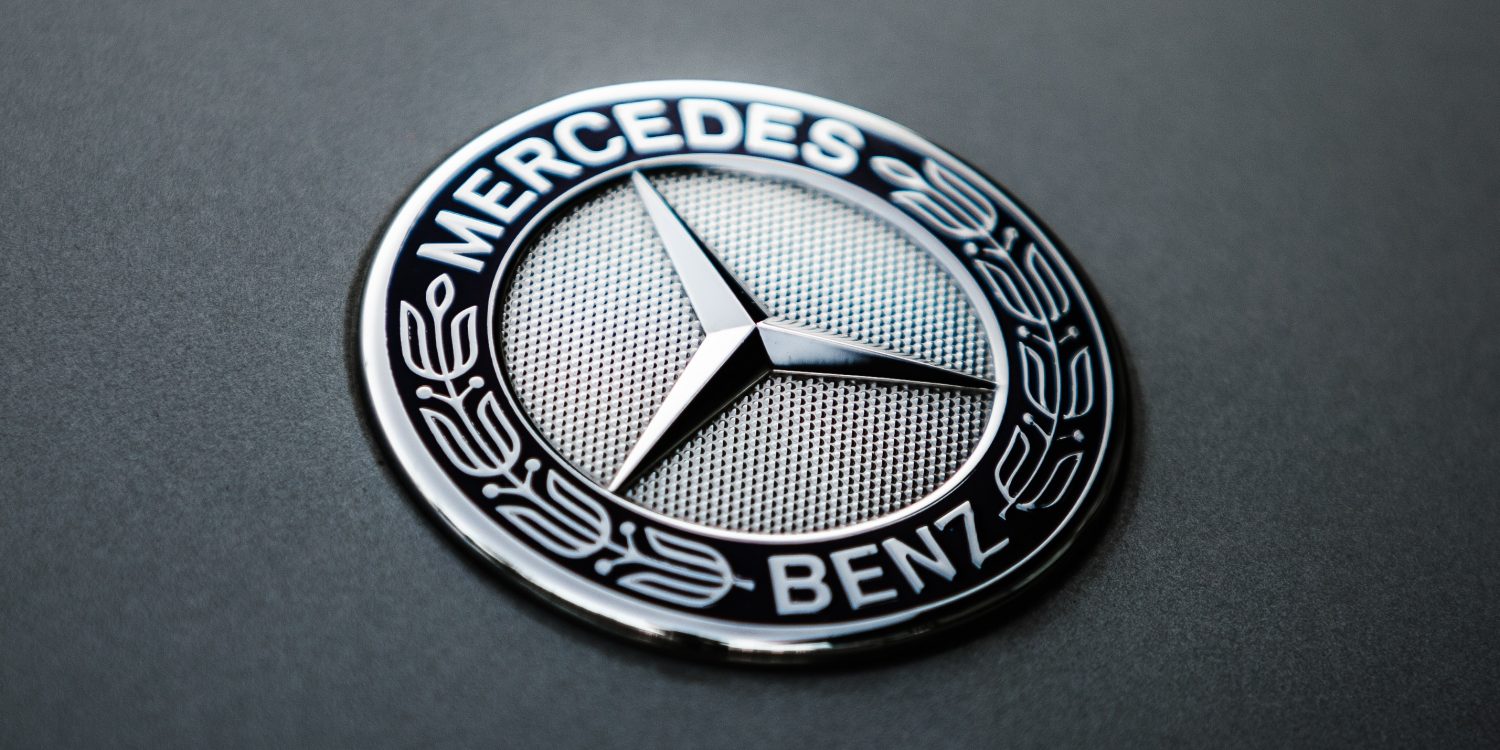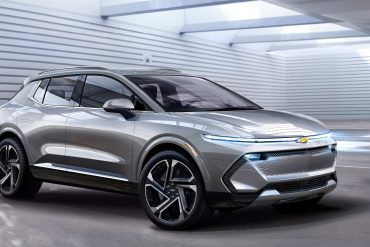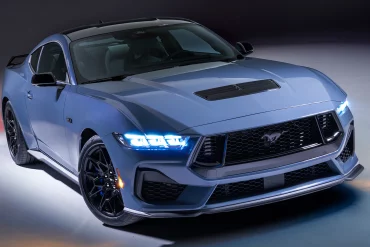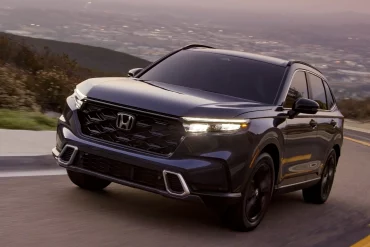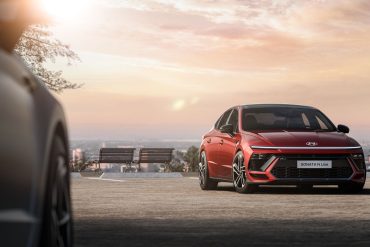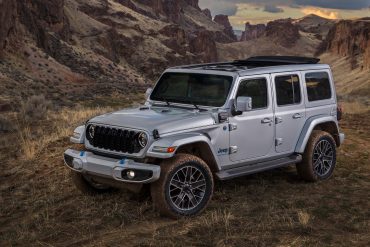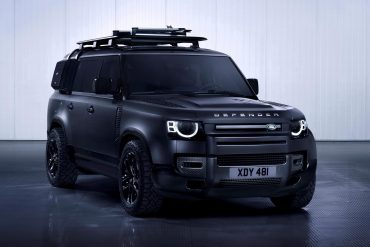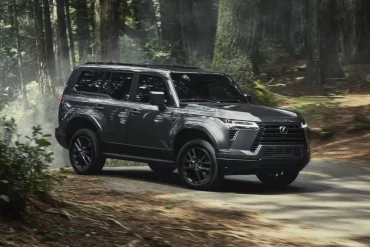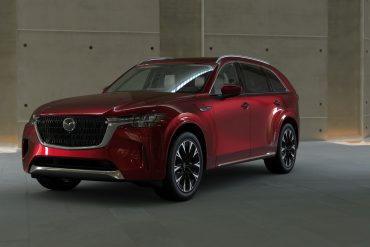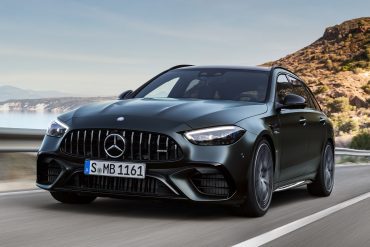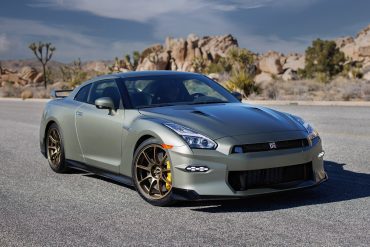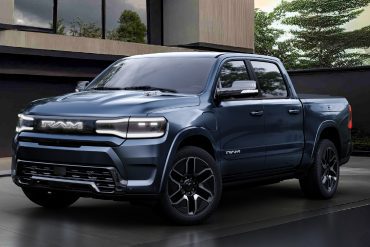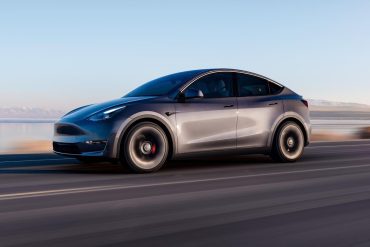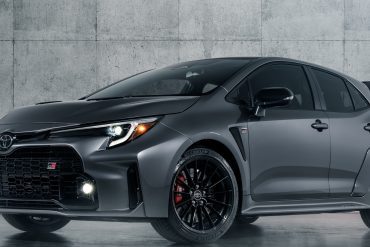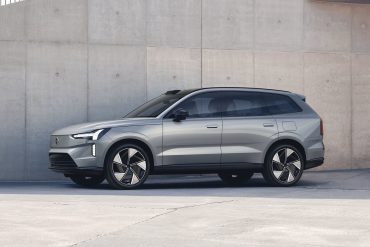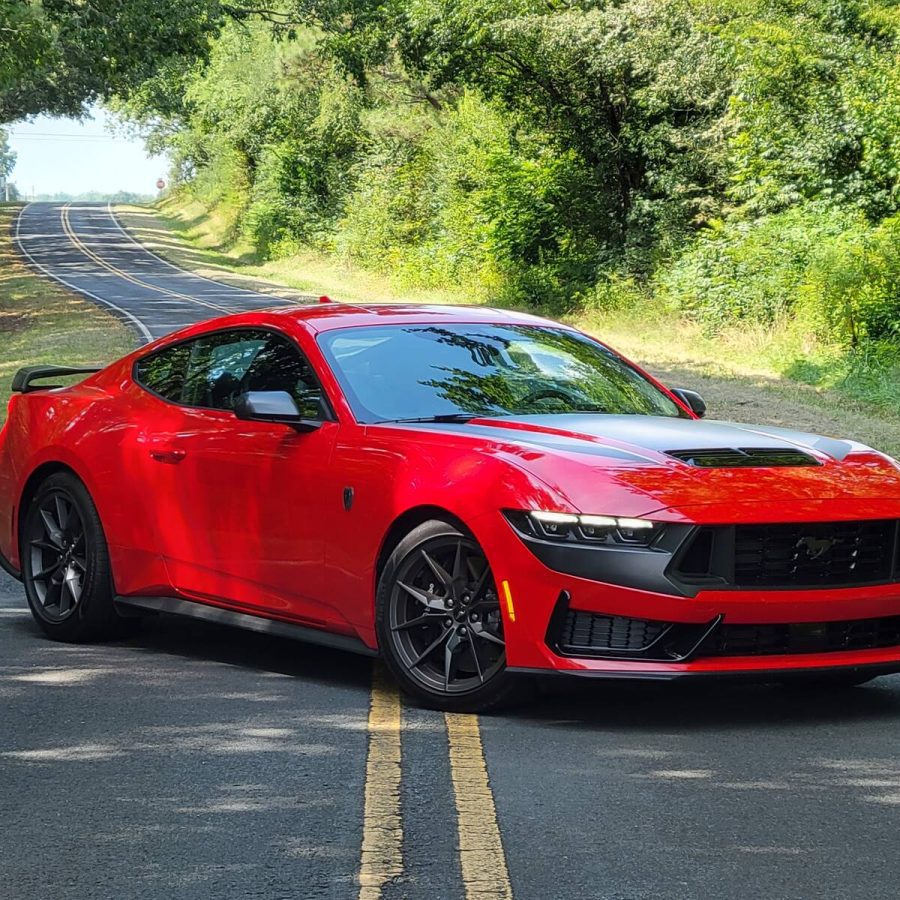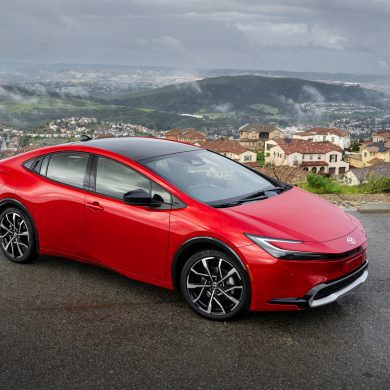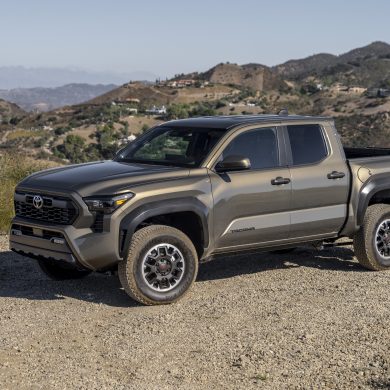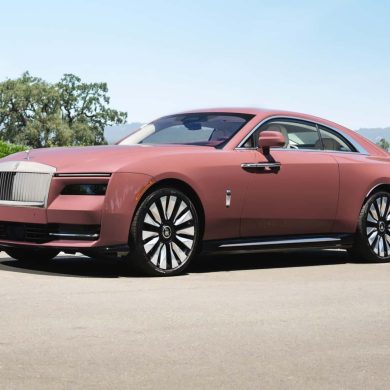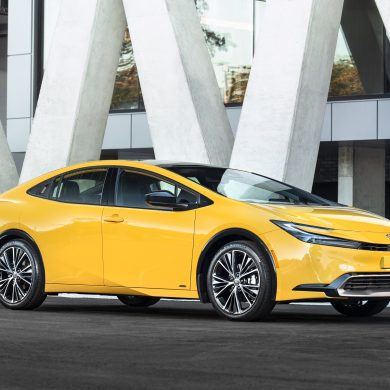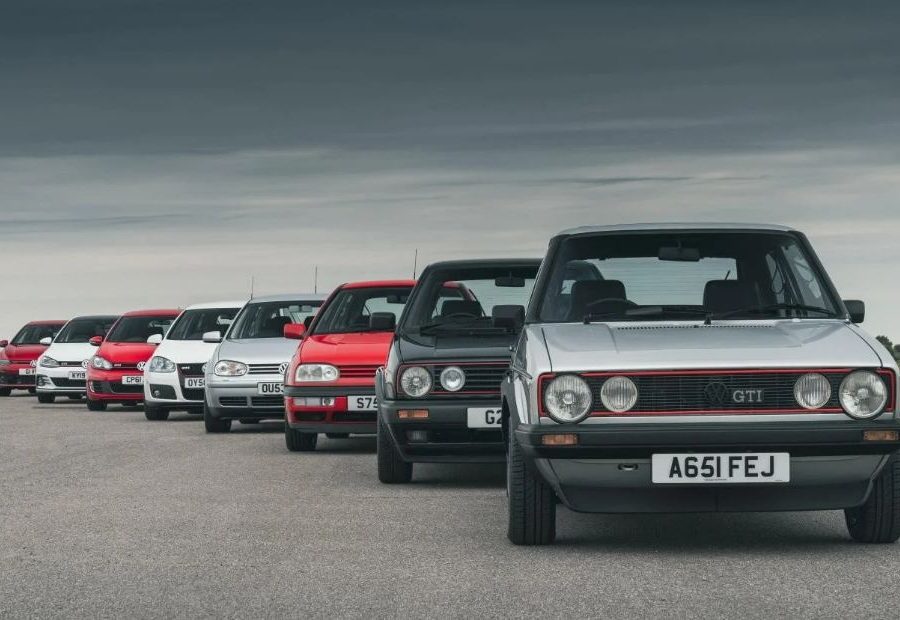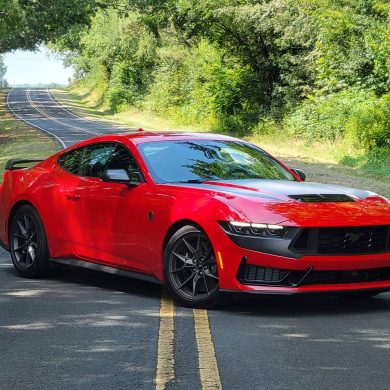Global Automotive Sales Data
The Leader In Automotive Sales Figures, Global Trends & Deep Analysis. Historical and Current Vehicle Sales Data by Country, Brand, Segment & Manufacturer.
Industry Analysis & Insights
U.S Automotive Sales Data
Latest United States market data from GoodCarBadCar
Key Automotive Market Data
Some markets are more important than others, so these are the core markets we cover each and every year.
Vehicle Sales Data by Automaker
Best selling vehicle manufacturers across key global markets. We analyze how the big manufacturers are doing in markets in which they compete.
Vehicle Sales Data by Brand
Best selling vehicle manufacturers across key global markets. We analyze how the big manufacturers are doing in markets in which they compete.
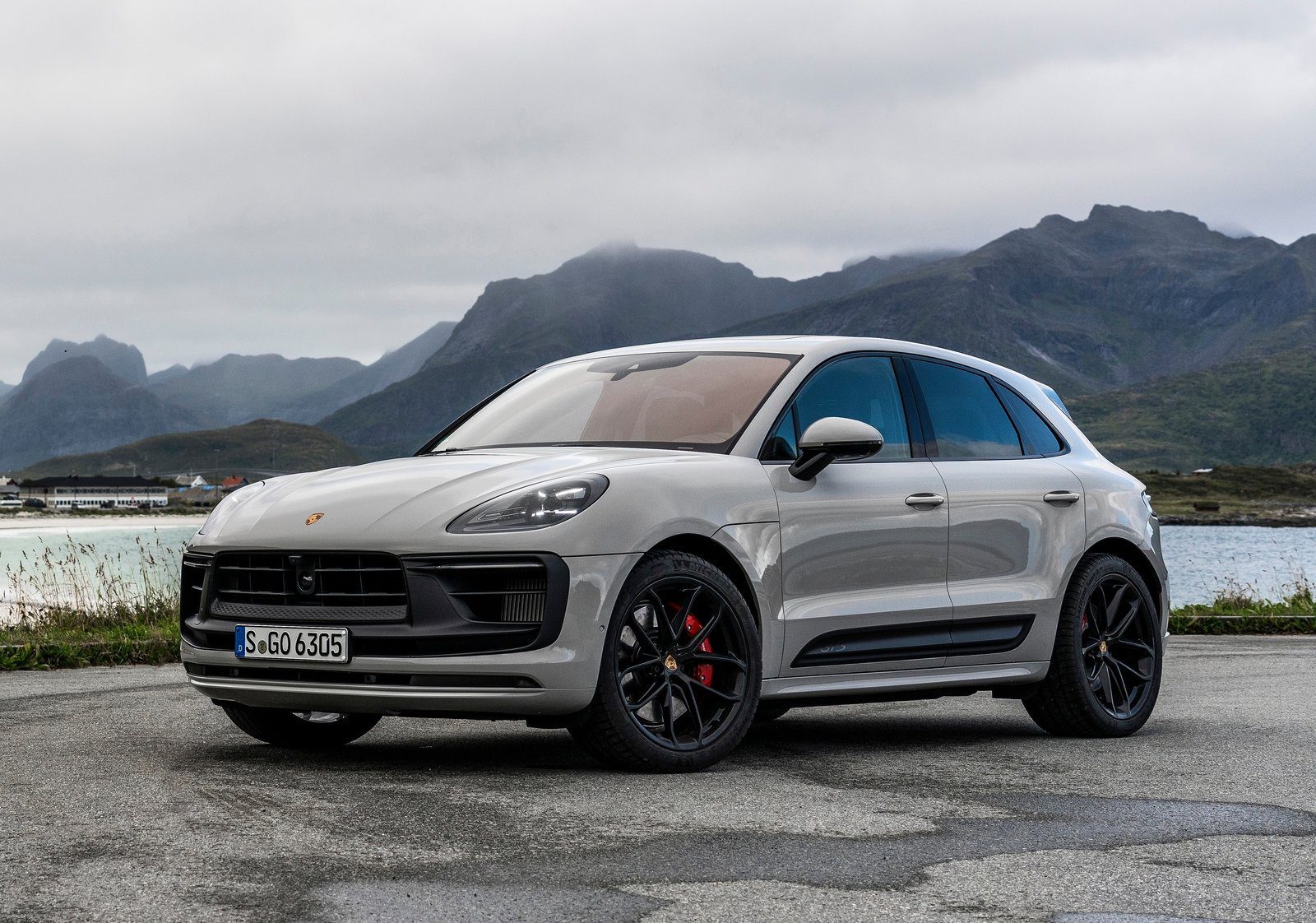
The All Access
Membership for Serious Data Hounds
Members enjoy a completely ad-free experience and receive exclusive in-depth content , more access to data and all historical analysis from across the globe.
Global & Regional Automotive Sales Data
Destination for global automotive sales data, analysis and commentary. Global, regional and country level sales data updated every year.
The Best Cars, SUVs & Trucks For Sale Today
See our top picks for the best SUVs, passenger cars, trucks and minivans for sale on the market today. Browse through our expert ratings.
Buyers Guide: Best Sports and Muscle Cars for 2024
The Gateway to Automotive Performance
Buyers Guide: The Best Cars for 2024
The most compelling models in the non-luxury car segment
Buyers Guide: The Best Trucks (All Size & Types) for 2024
Our selection of the best pickups models you can buy today
Buyers Guide: Best Electric Vehicles for 2024
‘EVs - Here To Stay’
Buyers Guide: The Best Hybrids for 2024
Unveiling hybrid models worth looking into in 2024
The Latest & Greatest
Lots more fun from the world of cars, trucks, minivans and SUVs.
Buyers Guide: Best Sports and Muscle Cars for 2024
The Gateway to Automotive Performance
Buyers Guide: The Best Cars for 2024
The most compelling models in the non-luxury car segment
Buyers Guide: The Best Trucks (All Size & Types) for 2024
Our selection of the best pickups models you can buy today
Buyers Guide: Best Electric Vehicles for 2024
‘EVs - Here To Stay’


